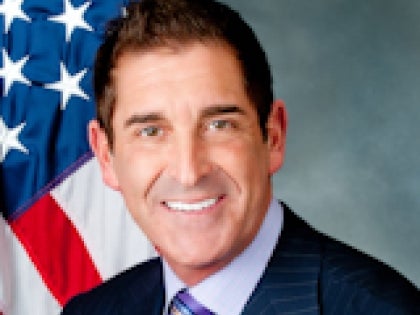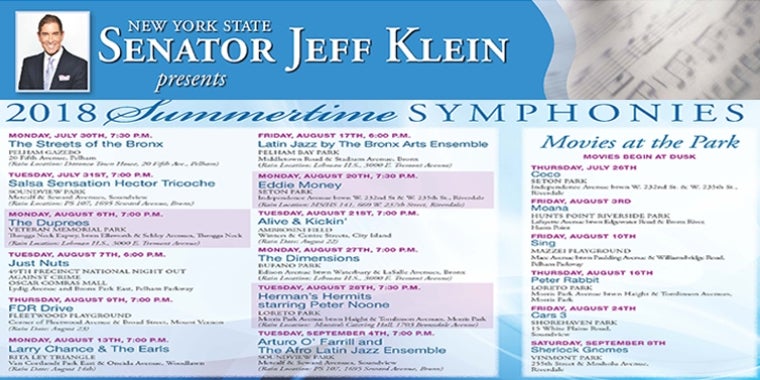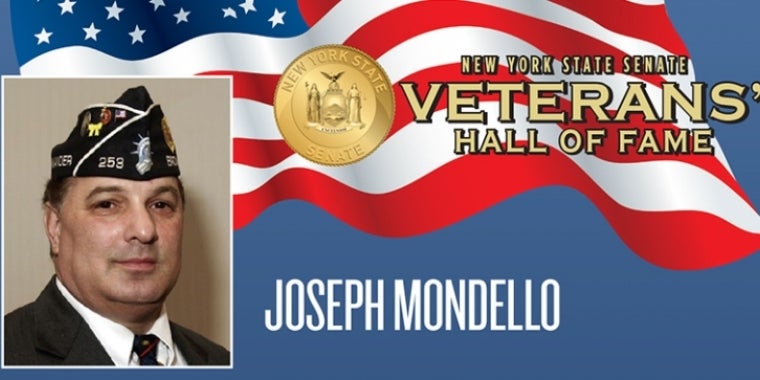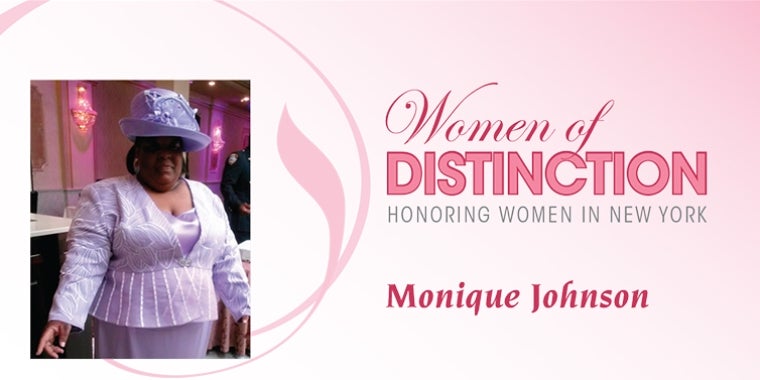
Senate Passes Klein Bill to Generate Vital Revenue
Jeffrey D. Klein
March 17, 2010
Senator Klein’s Video Lottery Terminal Legislation Expected to Generate $100 Million Annually
ALBANY – State Senator and Deputy Majority Leader Jeff Klein (D-Bronx/Westchester) announced on Wednesday that the Senate passed legislation to expand hours and types of games for video lottery terminals (VLTs). Klein’s bill (S.706-D) is expected to generate an additional $100 million annually for state aid to education. There are currently more than 13,000 video lottery gaming machines at horse racing tracks across the state.
“Providing adequate funding for our children’s future is non-negotiable, even in difficult fiscal times. Video Lottery Terminals provide a vital source of revenue for New York State. By allowing these facilities to operate at extended hours and with more types of games, New York can generate significant and much needed revenue for local school districts,” said State Senator Jeffrey D. Klein.
Klein’s bill provides for VLT facilities to extend their operating hours from the currently allowed 16 hours per day (or 112 hours per week). Under this legislation, Yonkers Raceway, which has more than 1,500 VLT machines would be permitted to operate for about 140 hours per week. All other VLT race tracks in the state, including Saratoga, Vernon Downs, Tioga Downs, Buffalo Raceway, Monticello, Batavia Downs, and Finger Lakes Raceway, would be permitted to extend their operating hours to 128 hours per week.
Video lottery gaming has seen a robust increase in revenues in recent years with a growth of about 12%, or $73 million during 2008-2009. In fiscal year 2007-08, video lottery gaming produced $875 million, of which more than $480 million was allocated for education.
Klein’s legislation also calls for the expansion of video lottery gaming to include electronic table games. Senator Klein stressed that this particular expansion is crucial if New York is to stay competitive with other states, like Pennsylvania and New Jersey, which routinely attract gamblers across borders. In 2007, nearly a quarter of the more than 26 million visitors to Atlantic City were from New York State, each spending on average $550, with a total estimated negative economic impact on New York of $3.3 billion.
The New York State legislature approved video lottery gaming in 2001. In 2004, the state Court of Appeals upheld the law and video lottery gaming began at New York's horse racing tracks, commonly referred to as racinos. Video lottery gaming machines resemble slot machines in appearance and players bet on the outcome of a video game. The machines are programmed so that all players are able to participate in the same game at the same time, just as lottery players have for decades been able to buy lottery tickets and participate in games, like Lotto and Daily Numbers, wherein the outcomes are determined by a random drawing. Examples of new games would include baccarat, roulette, and blackjack among others.
The new electronic table games will operate in the same way and, therefore, satisfy the legal requirements for a lawful lottery game. Each play in a video lottery game will represent an electronic version of a lottery ticket, multiple players will be able to participate at the same time, and the results will be decided by chance.



